
Loading...
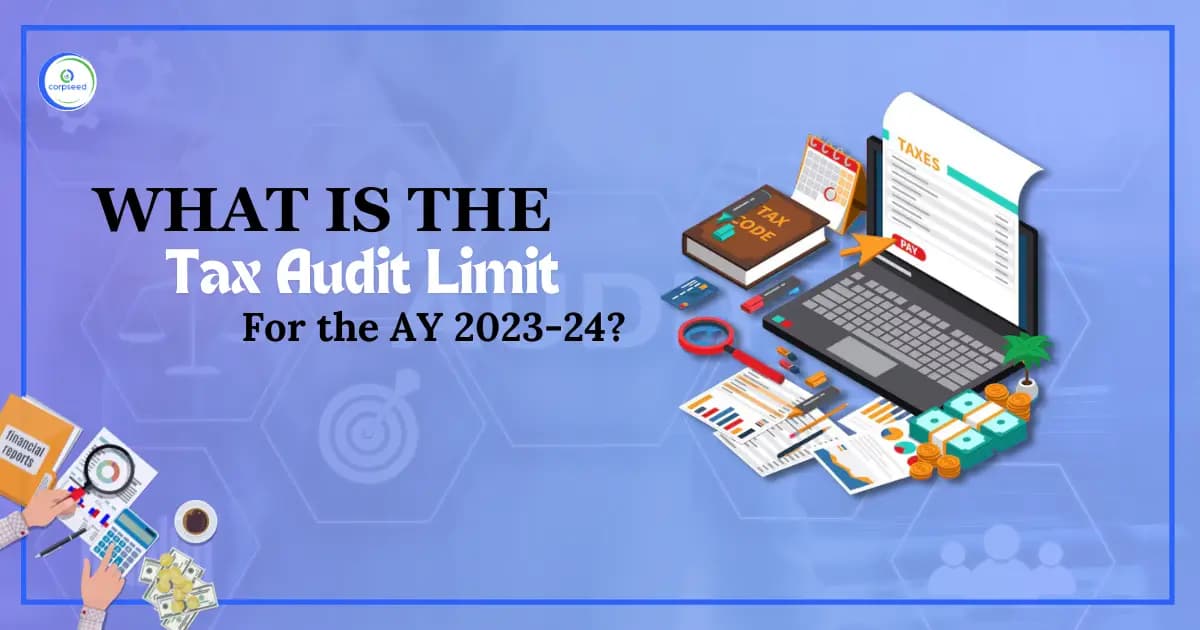
An audit is simply a formal examination. By the Income Tax audit under section 44AB, certain individuals and businesses are required to maintain their financial records.
About the Author

Experienced Digital Marketer with a demonstrated history of working in the Internet industry. He likes to write about the latest technology trends, Skilled in Digital Marketing likes. Search Engine Optimization, SMO, SEM, PPC, Content Writing, and, Designing, etc.
Related articles
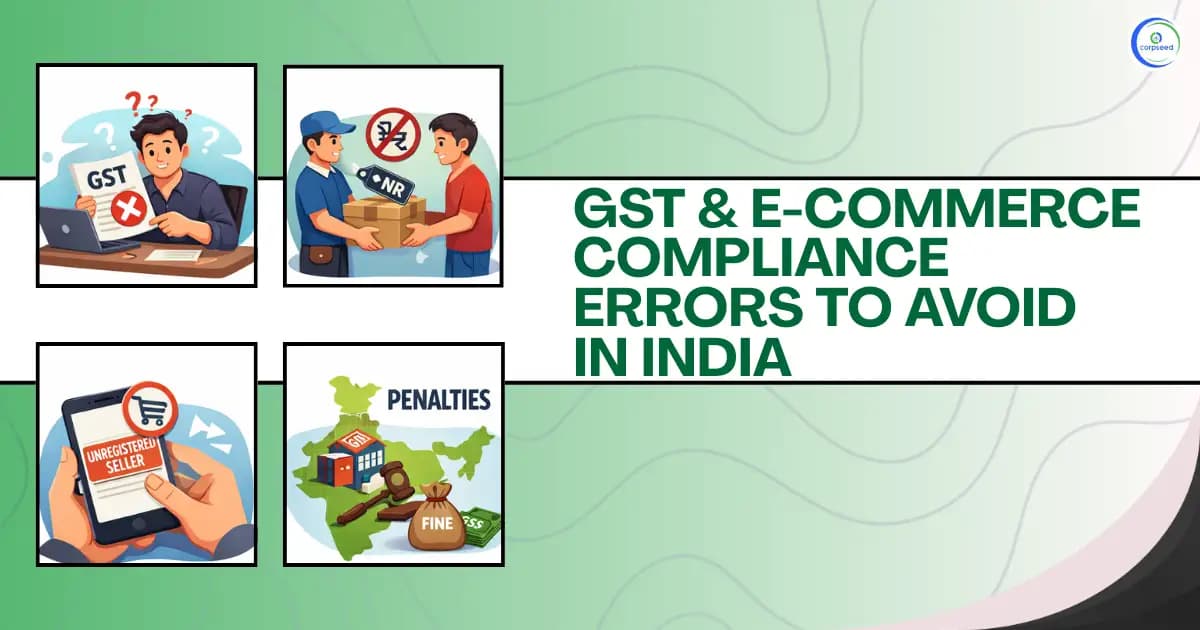
GST & E-Commerce Compliance Errors To Avoid In India
2026-02-10

How To Log In GST Portal (www.gst.gov.in) Online In India
2026-01-08
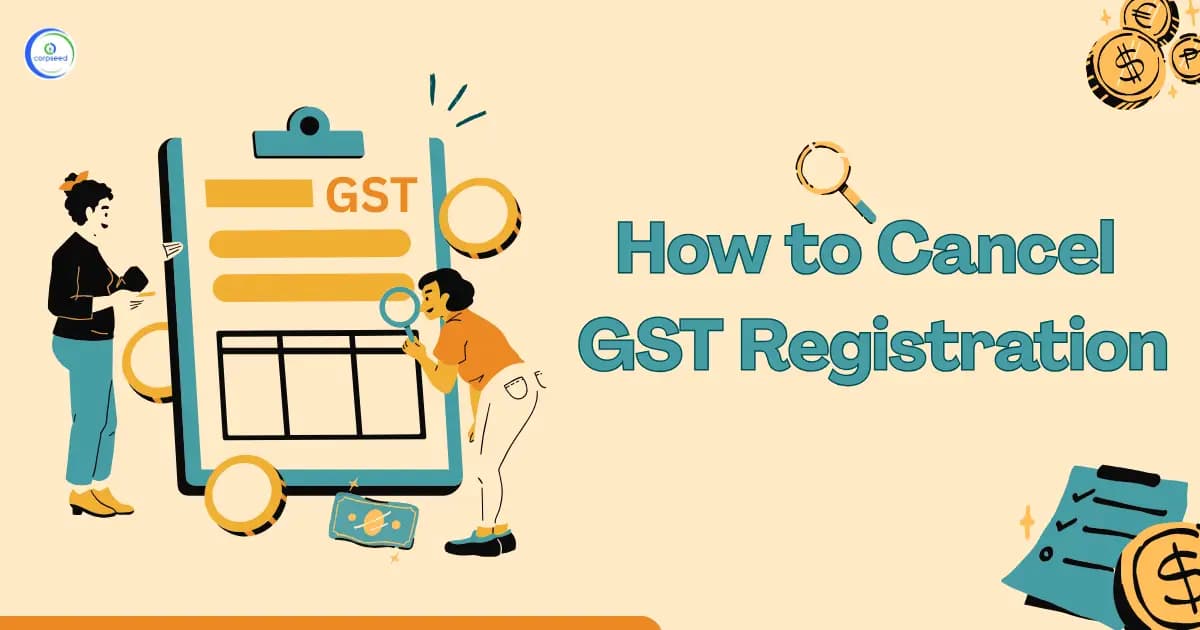
How to Cancel GST Registration?
2025-12-12
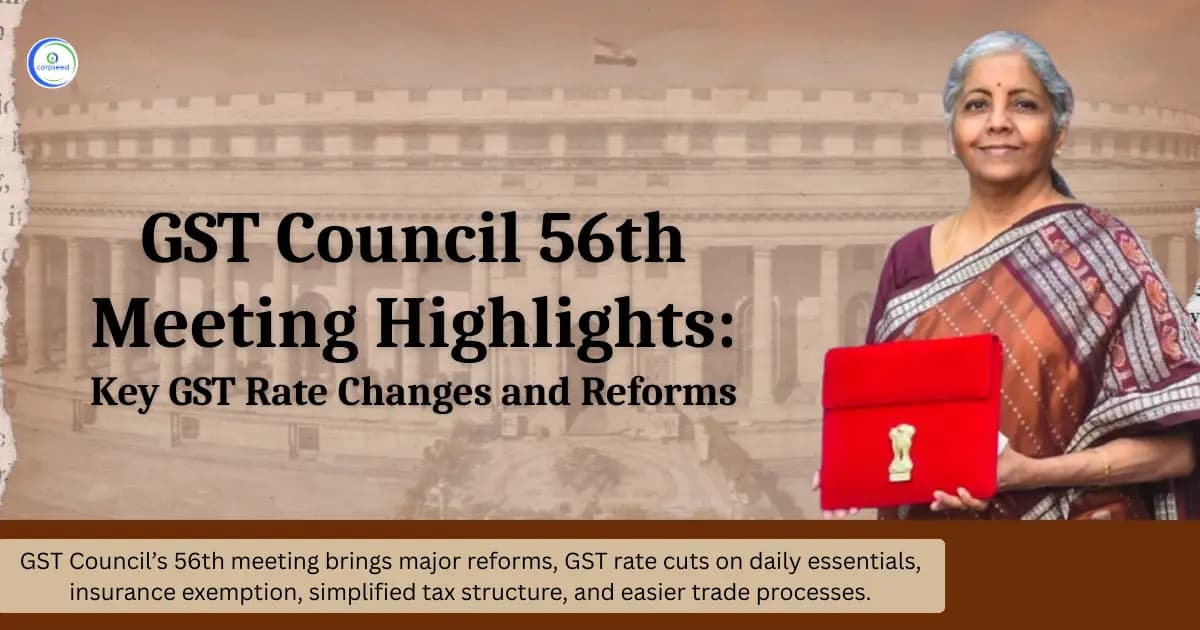
GST Council 56th Meeting Highlights: Key GST Rate Changes and Reforms
2025-09-06

ITR-V Form: Complete Guide to Download, Acknowledgement & Verification
2025-08-07
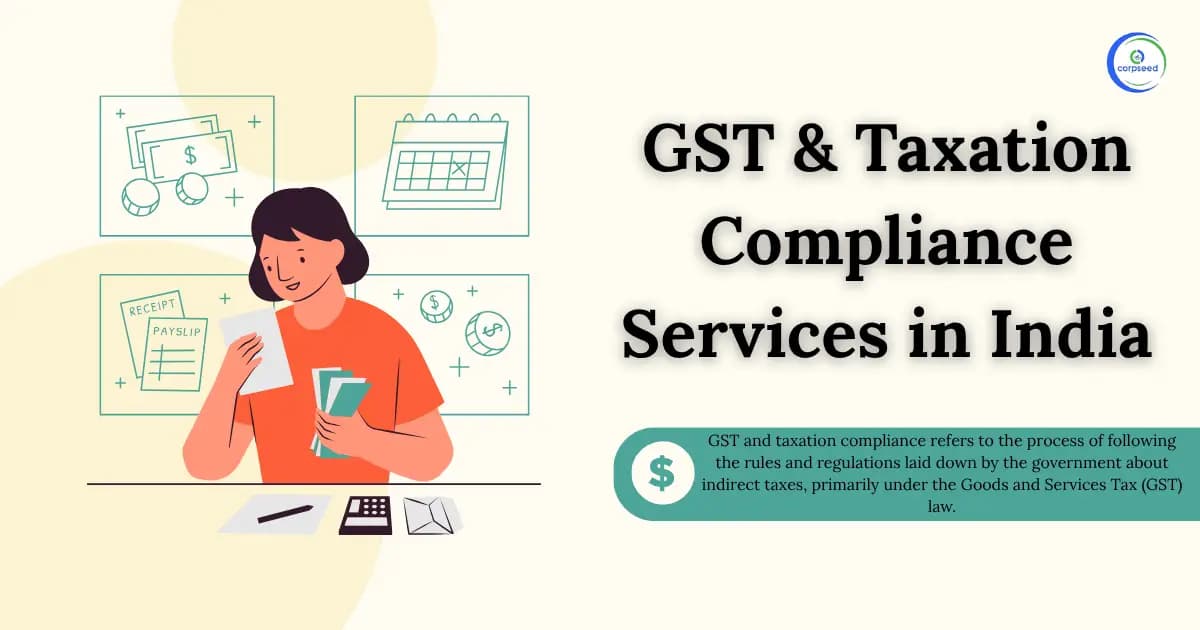
GST & Taxation Compliance Services in India
2025-06-23